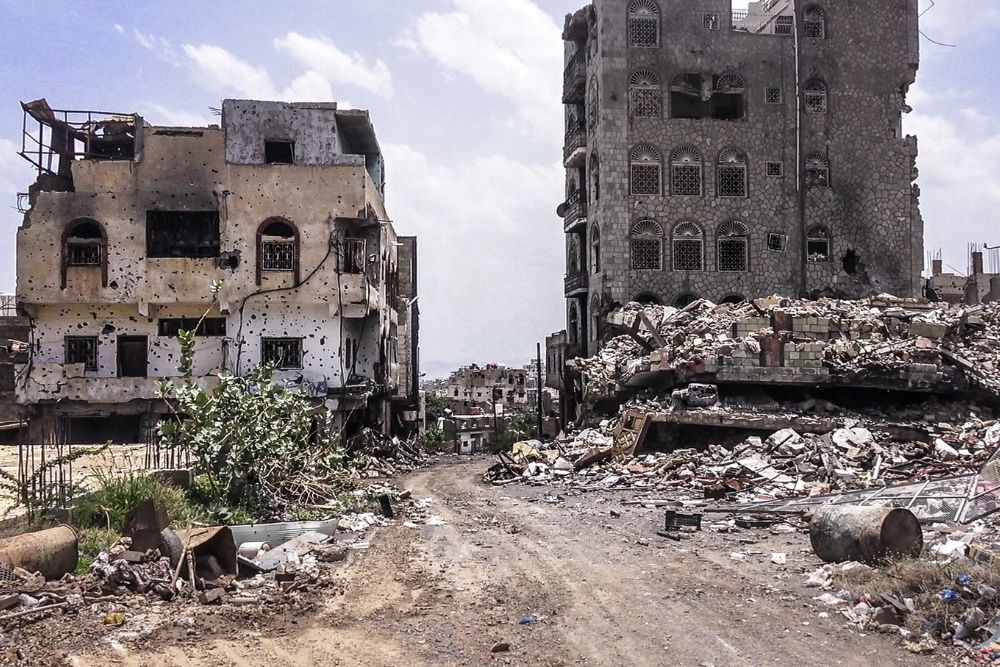In a report released at the UN Human Rights Council today, the ICJ outlined the options for the establishment of a Standing Independent Investigative Mechanism (SIIM), which would support and complement the existing human rights and international justice architecture, including the work of the International Criminal Court (ICC).
Impunity for the most serious human rights and international humanitarian law violations remains widespread globally. The ICJ considers that far greater efforts must be undertaken at the international level to hold States and persons responsible for crimes under international law to account.
The ICJ has stressed that a SIIM, if established, would likely allow the UN and States to tackle impunity around the world in more effective, expansive and coherent manner. It would also address many of the existing challenges faced by existing Accountability Mandates, leading to greater operational efficiencies.
A SIIM would have two functions:
- It would conduct investigations with a view to gathering information and evidence for potential use in criminal and other legal and administrative proceedings; and
- It would use its capacity to assist existing and future UN-created Accountability Mandates, including human rights fact-finding missions and commissions of inquiry.
A SIIM should be functionally independent of the Office of the High Commissioner for Human Rights (OHCHR) and other UN agencies, but could be linked to them in a consultative and operational capacity – and reliant on them for certain services.
The report answers ten questions, including:
- How should a SIIM be created?
- How should a SIIM be triggered?
- What should a SIIM’s subject matter jurisdiction be?
At the side event, Ambassador Kurt Jäger, Permanent Representative of Liechtenstein to the United Nations Office at Geneva and Ralf Schröer, Head of the Political Team, Permanent Mission of Germany to the United Nations Office at Geneva delivered opening remarks.
There was then a panel discussion moderated by Sam Zarifi, Secretary General of the ICJ. The speakers were:
- Catherine Marchi-Uhel Head, International, Impartial and Independent Mechanism – Syria (IIIM)
- Stephen Rapp, Visiting Fellow of Practice, University of Oxford
- Kingsley Abbott, Director of Global Accountability and International Justice, ICJ
- Federica D’Alessandra, Deputy Director, Oxford Institute for Ethics, Law and Armed Conflict
Background
The report was produced following consultations with a group of 26 leading experts and participants, including heads of accountability mandates, ICJ Commissioners, UN officials, academics, human rights defenders and victim representatives.
The report further develops the ICJ’s ongoing work in this area, including in the context of Human Rights Council Events in 2018 and 2019; a 2019 two-part blog post in respected legal blog Opinio Juris titled Is It Time to Create a Standing Independent Investigative Mechanism (SIIM)? (Part 1 and Part 2), which reflected the ICJ’s thinking at the time; and two conferences the ICJ held with the Kingdom of the Netherlands in 2020 and 2021, which resulted in the joint December 2021 outcome report “The Future of Accountability Mechanisms: Twenty Recommendations.”
The ICJ thanks the Federal Foreign Office of Germany for supporting the project.
Downloads
The Future of Accountability Mechanisms: Twenty Recommendations – December 2021.
Contact
Kingsley Abbott, Director of Global Accountability and International Justice, e: kingsley.abbott@icj.org
Ian Seiderman, Legal and Policy Director, e: ian.seiderman@icj.org




